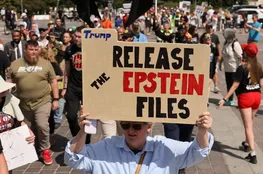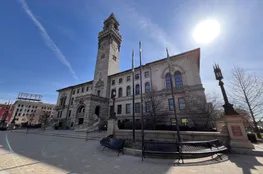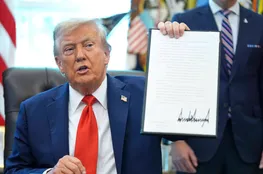In a startling turn of events, thousands of voters in Georgia may find themselves unable to participate in the upcoming elections due to a last-minute decision by the Supreme Court. The ruling, as reported by the American Civil Liberties Union (ACLU), is expected to prevent many absentee voters in Cobbs County from casting their ballots. This area, crucial in the Atlanta metropolitan region, predominantly supported President Biden in the 2020 elections.
The ACLU has estimated that at least 3,200 voters, who had requested absentee ballots on time, did not receive them as the county failed to send them out in a timely manner. The Supreme Court's decision follows a previous ruling permitting Virginia's Republican administration to purge voter registrations of alleged non-citizens. The result has been the disenfranchisement of at least 1,600 legally eligible voters. Meanwhile, other disruptions have been reported, including the burning of ballot boxes in Arizona, Oregon, and Washington.
In Arizona alone, over a dozen ballots were destroyed, escalating fears around voter interference and potential electoral violence. Both political campaigns have assembled legal teams ready to dispute any electoral irregularities. Washington D.C. businesses are already taking precautions, boarding up to prepare for possible violence reminiscent of the January 6th Capitol riot. These developments have intensified the atmosphere around this election cycle, with voter interference concerns reaching unprecedented levels.
An emergency lawsuit by the ACLU and Southern Poverty Law Center had initially won an extension for Cobbs County voters to submit their absentee ballots. However, the challenge by the Republican National Committee and the Georgia Republican Party led to a reversal of this allowance by the Supreme
Court. According to the ACLU, this ruling will silence the voices of numerous voters. State GOP chairman Michael Watley defended the ruling with the statement, "Election Day is Election Day—not the week after." Georgia's Secretary of State, Brad Raffensperger, notable for his controversial interaction with former President Trump during the 2020 elections, has warned about ongoing voter suppression threats.
He dismissed recent GOP claims against handing absentee ballots over the weekend as baseless. The ACLU highlighted these incidents as part of a broader struggle over mail-in ballots in swing states, where the balance of power remains delicate. Georgia, narrowly won by Biden in 2020 following a Trump victory in 2016, continues to be a focal point for contentious electoral battles.
























